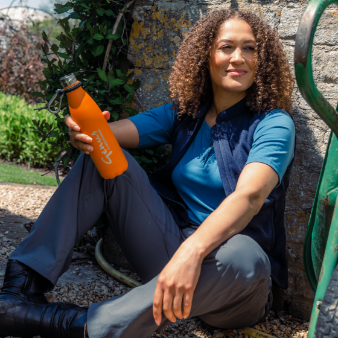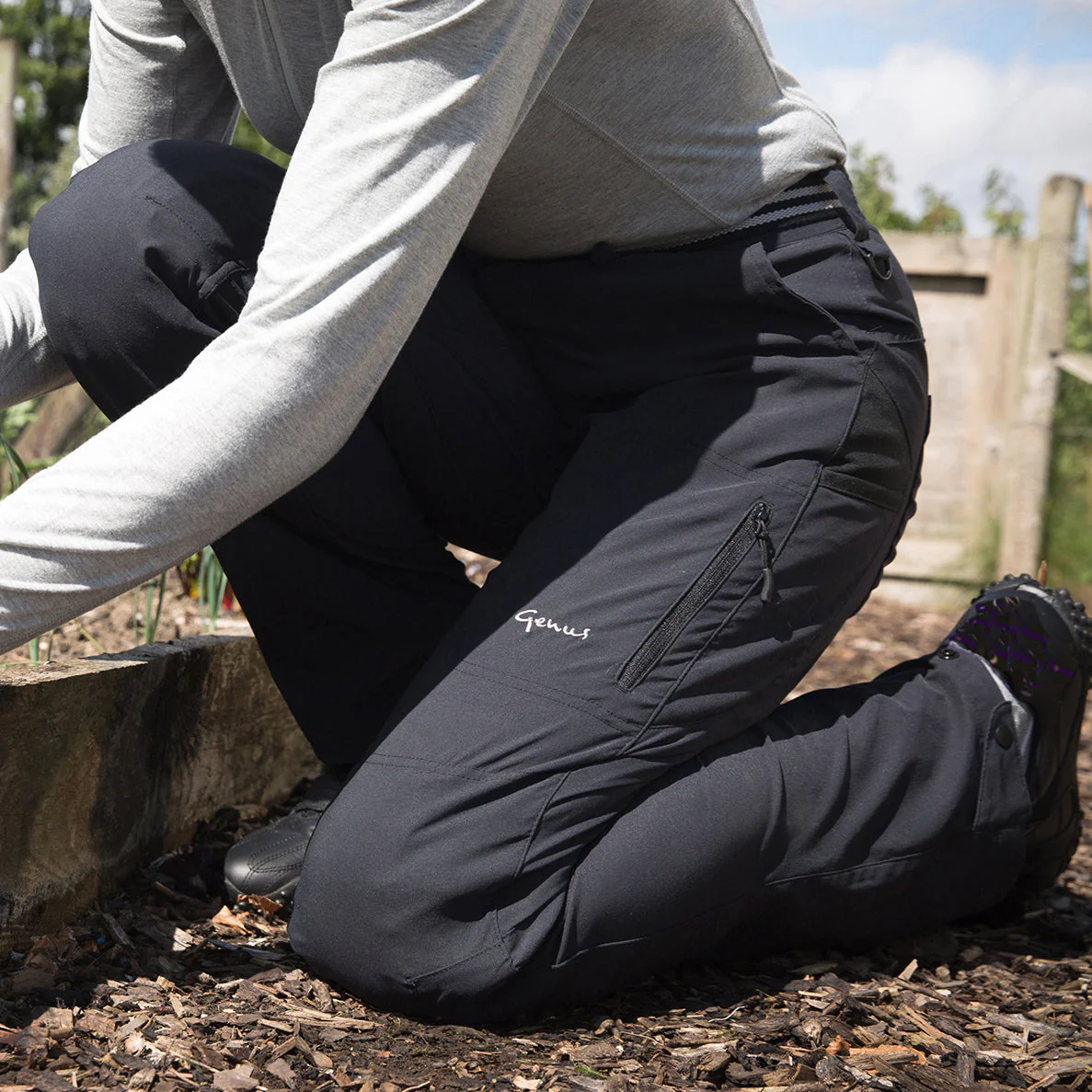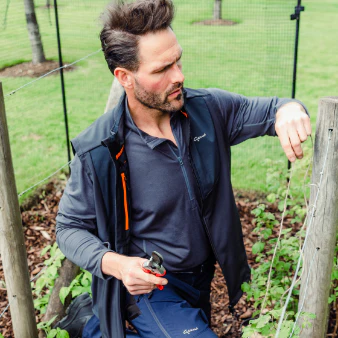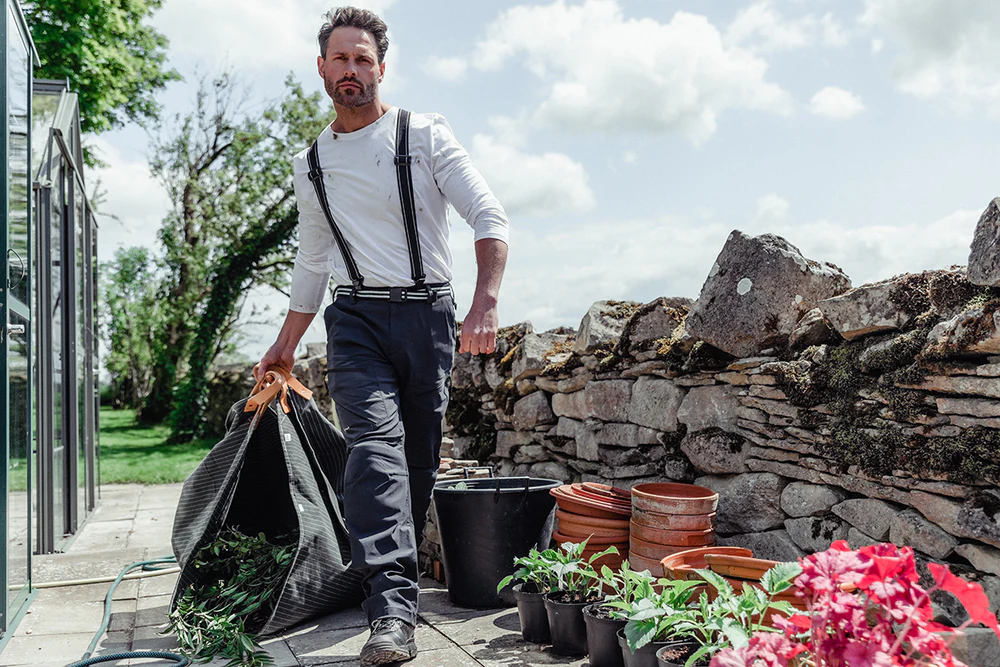Body, soul and gardening - companion planting
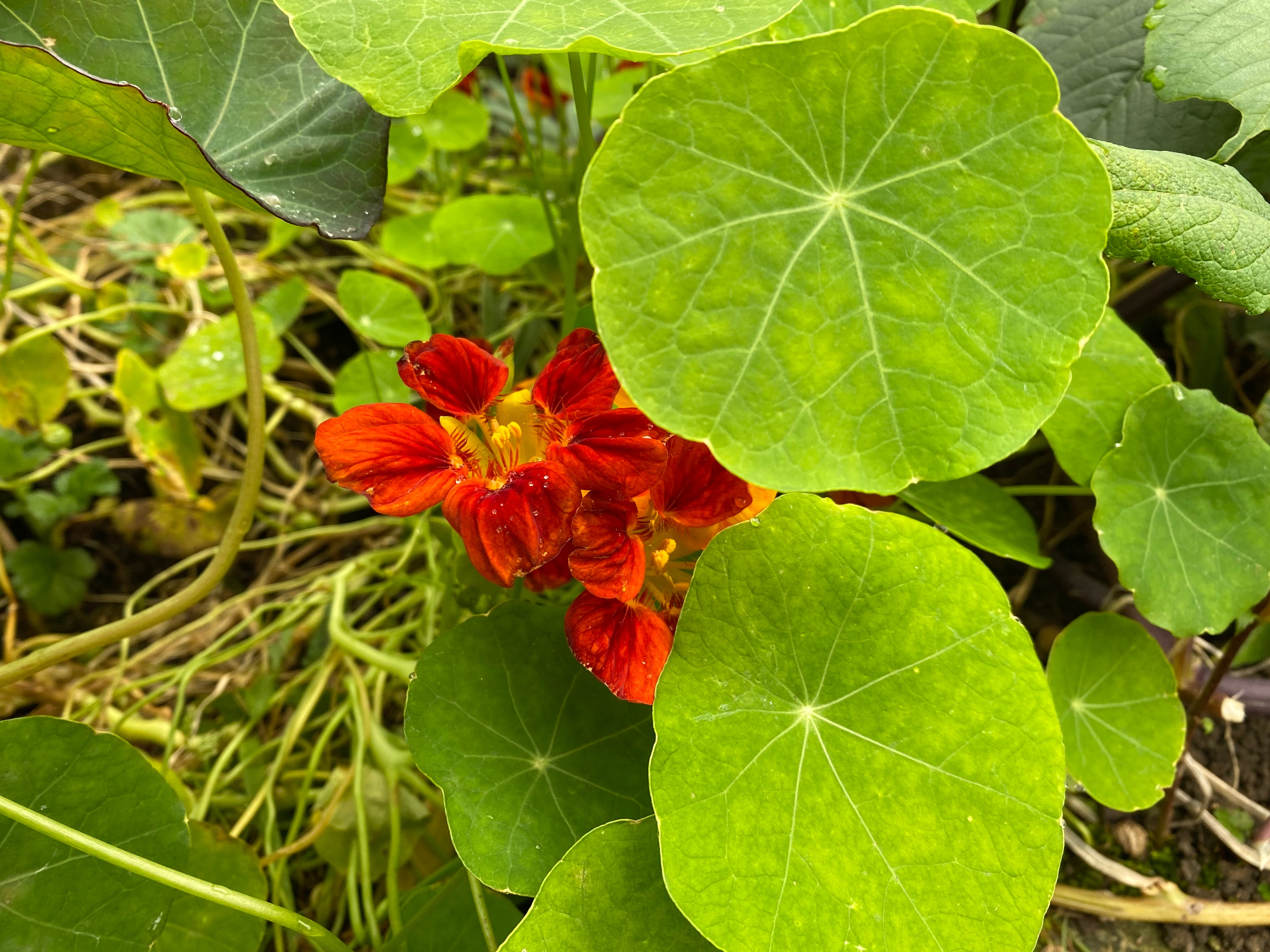
Companion planting is a natural and healthy way of protecting plants from pests and diseases. Growing particular species together, such as aromatic plants next to a row of vulnerable vegetables, can help ward off pests such as carrot root fly and aphids. Well-chosen plants can also attract birds to eat slugs and beneficial insects such as ladybirds and lacewings to help keep pests like aphids down, and bees to improve pollination.
Good companion plants include:
Herbs: they help repel insects with their strongly-scented leaves. For example, basil planted next to tomatoes helps to deter whitefly - marigolds do a similar job.
Nasturtium: They’ll help attracts aphids, particularly black fly, away from neighbouring plants such as runner beans, as aphids find the nasturtiums much more tasty!
Alliums: Plants such as leeks, onions or garlic can protect carrots by masking their sweet smell. They also deter slugs, so they’re good companion plants for lettuce.
Nettles: A area of nettles near your brassicas is no bad thing as they will attract cabbage white butterflies away from your crops.

